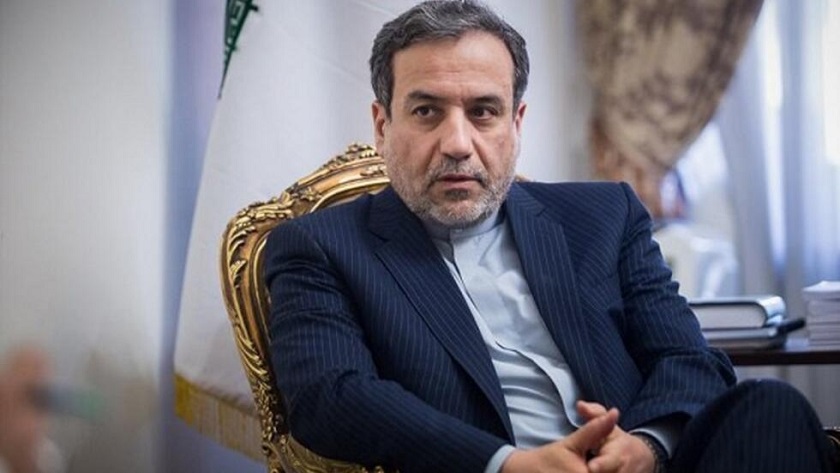Iran Reaffirms Commitment to Regional Stability as a Pillar of National Security
In a recent declaration that underscores the strategic priorities of the Islamic Republic, Iran’s Minister of Foreign Affairs, Seyed Abbas Araghchi, emphasized that regional stability is integral to Iran’s national security framework. The statement, made on his official X account, draws clear lines regarding Iran’s stance on territorial integrity and boundary changes in the region.
Iran’s geopolitical landscape is complex, surrounded by a diverse array of nations with differing interests and internal dynamics. The Middle East, in particular, has been a hotspot for conflicts ranging from political upheavals to full-scale wars, impacting both the domestic and international policies of the countries involved.
Araghchi’s statement comes at a pivotal time when the region is grappling with numerous security challenges. From the ongoing civil war in Syria and the conflict in Yemen to the resurgent tensions between Israel and Palestine, the Middle East remains a volatile space. The Foreign Minister’s comments reflect Iran’s broader strategic objectives, which prioritize harmonious relations with neighboring countries while maintaining a stern approach towards external threats and interventions.
"Regional peace, security, and stability are not merely a preference, but a pillar of our national security. Any threat from North, South, East, or West to the territorial integrity of our neighbors or redrawing of boundaries is unacceptable and a red line for Iran," Araghchi asserted.
The mention of threats from all directions highlights Iran’s vigilance over potential security concerns, whether they emanate from the unstable environments in Afghanistan and Pakistan to the east, the rivalries in the Arab Gulf to the south, or the simmering post-Soviet conflicts in the Caucasus and Central Asia to the north and west.
Furthermore, Iran has historically positioned itself as a regional power capable of influencing events beyond its borders. Its involvement in various countries through strategic alliances and support for non-state actors has often been subject to international scrutiny. Nevertheless, this latest statement reaffirms Iran’s official posture towards fostering a secure and stable regional environment, ostensibly as both a defensive strategy and a means to project influence.
Beyond immediate regional implications, these declarations also have a broader geopolitical context. As global powers such as the United States, Russia, and China continue to vie for influence in the Middle East, Iran’s firm stance on regional stability serves as a diplomatic signal to these actors. It makes clear that Iran views any external intervention or alterations to the geopolitical status quo as direct threats to its own security.
In conclusion, Seyed Abbas Araghchi’s remarks are a powerful reminder of Iran’s commitment to regional stability as a core element of its national security doctrine. This approach not only seeks to protect Iran’s borders and interests but also aims to cultivate a more stable regional environment in a historically tumultuous part of the world.
